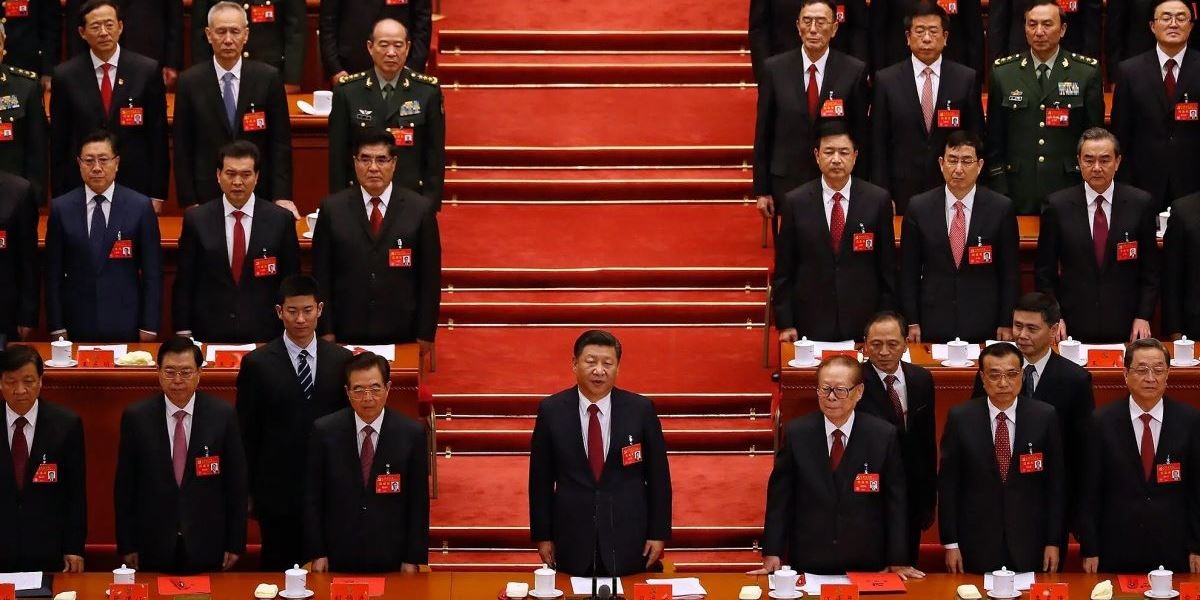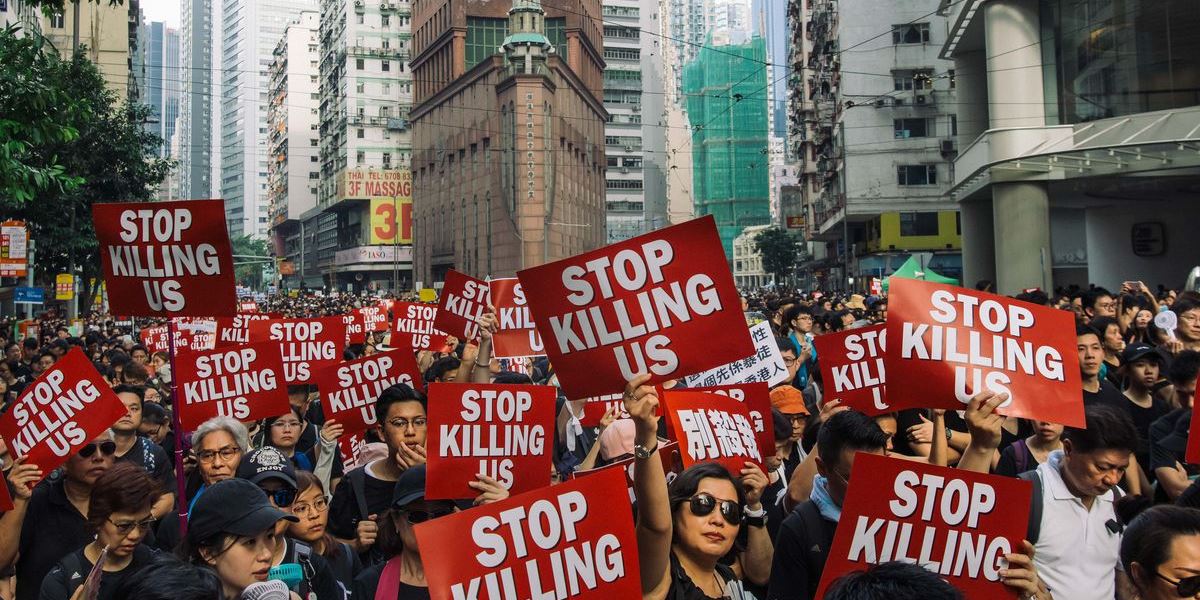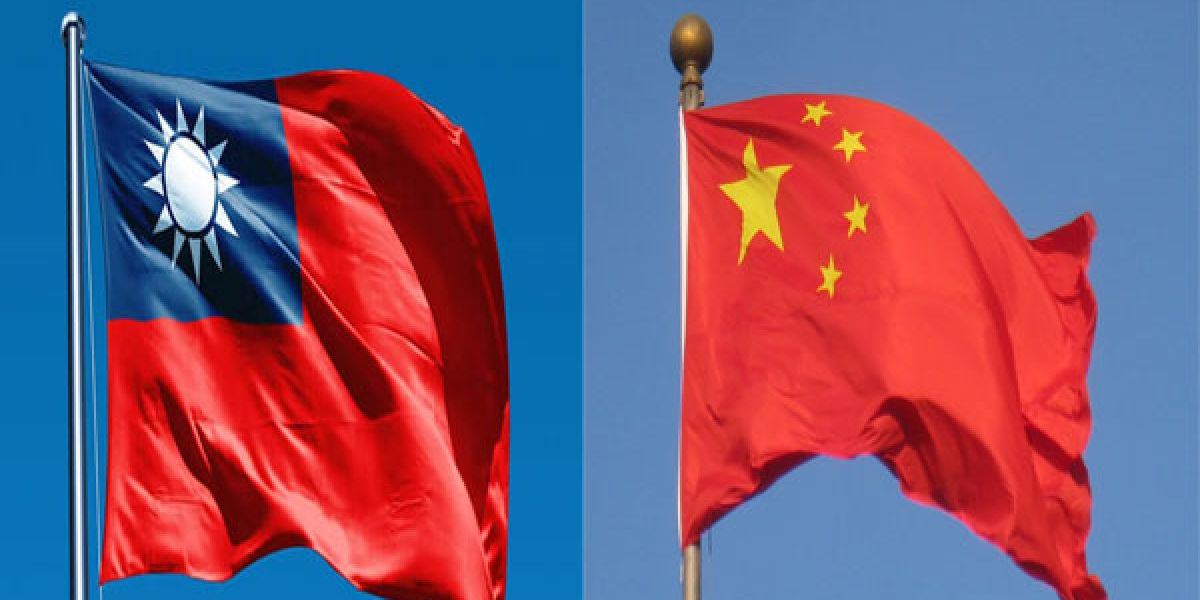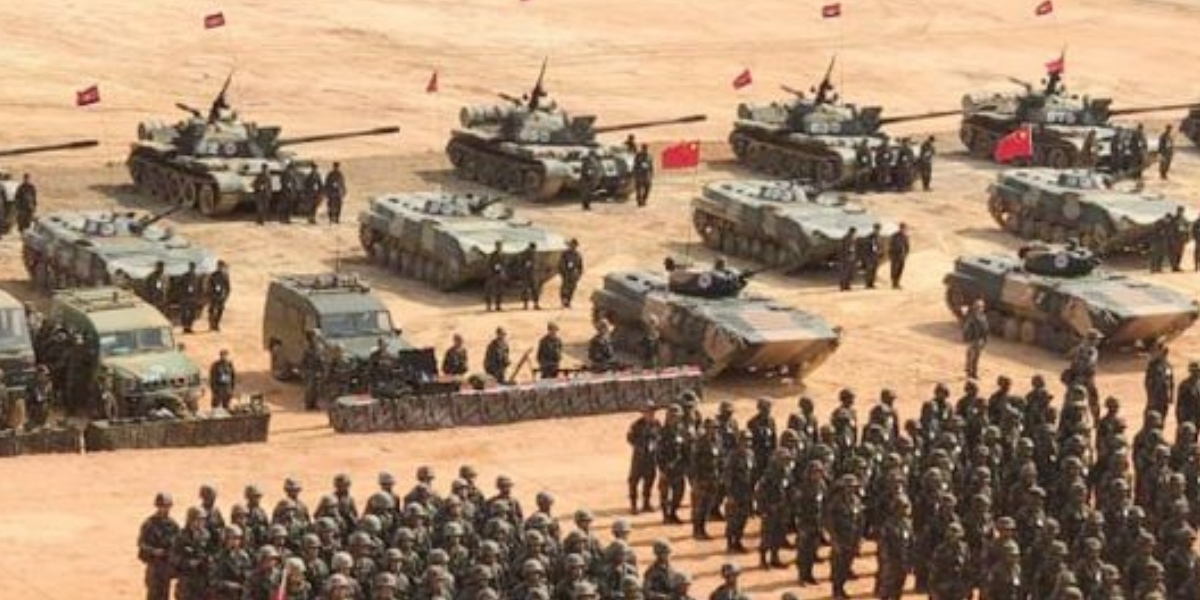The 20th Chinese Communist Party Congress commenced on 16th October, which will be a week-long gathering of the country’s political elites, in Beijing. Xi Jinping, is expected to take office for the third term as the party chief, also potentially paving the way for potential lifelong rule.

He gave a two hour long speech During his speech on Sunday, where he defended zero-Covid, pledged to renew economic growth, praised the role of “patriots” in Hong Kong, warned China would not rule out the use of force with Taiwan, and said its military should improve its “ability to win.” There will also be selection of new party leaders, but it’s more of a formality than a true election.
Party Reshuffle
The 20th Chinese Communist Party Congress of China commenced with over 2,200 party delegates at the Great Hall of People. The delegates, who represent 96 million Communist Party members nationwide, were chosen through a stringent selection process which started more than a year ago. Among the delegates, around 200 will form the presidium to oversee congress functions in accordance with the party’s constitution. The presidium’s standing committee, a core group of around 40 people, will likely include more than a dozen retired party elders.
Key Points Highlighted
In his two hour long speech Xi highlighted these following issues as the priorities. Zero tolerance on Covid control, crackdown on Hong Kong protests has returned into law and order.

On Taiwan, Xi took a strong stance on the self-governing island, which the Communist Party claims as its territory despite never having controlled it. About economic growth, Xi that China would focus on education and innovation to “renew growth.” Apart from that China will speed up efforts to achieve greater self-reliance in science and technology build the People’s Liberation Army (PLA) into a “world-class military”. He also pledged to improve the PLA’s ability to safeguard national sovereignty. On socialism and repression, Xi emphasized the need to build “cultural confidence” and develop China’s socialist culture.

Global and Regional Implications
Since Xi came to power in 2012, China’s foreign policy and interaction with the world have changed in four major ways. First, China no longer hides its power. Today, China is a superpower and the only peer competitor of the United States. To put China’s rise into perspective, its economic might has now regained its pre-Opium Wars position, as to what experts see it. China’s rise is largely the result of policies put in place before Xi’s rise to the top. Second, Beijing has adopted a more assertive foreign policy with increased use of coercive diplomacy.
Nonetheless, the shift to more assertive behavior has been conspicuous. China is not only building military capabilities but also using them as well, both regionally and globally.

A third change under Xi is the return of ideology. Xi has initiated a Maoist revival, tightening his and the party’s grip on policy, the economy, and society and increasingly closing China off from Western and liberal ideas. Whereas opening to the outside world had been an essential part of China’s economic success over the last four decades, a number of policy changes indicate Xi is moving China in the opposite direction.
In addition, Xi has nourished Chinese nationalism, which manifests itself in a strong emphasis on national unity and a tough stance on territorial issues.

